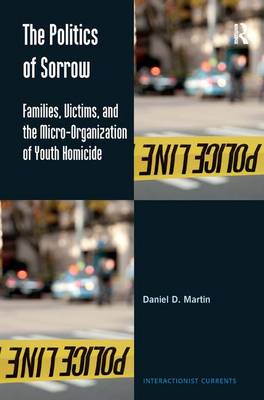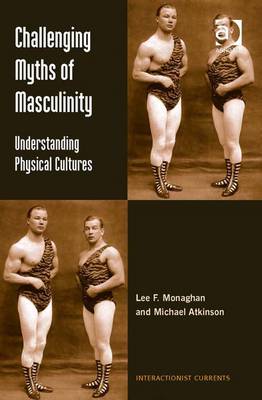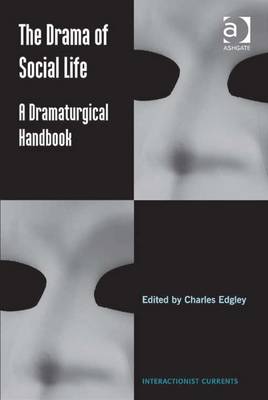Interactionist Currents
3 total works
Many myths surround male bodies and associated bodywork, especially when such bodywork is labelled culturally or socially atypical or 'problematic'. Bodybuilding, for example, has been explained in terms of gender inadequacy and an 'Adonis complex' akin to reverse anorexia, while men electing to undergo aesthetic cosmetic surgery are deemed 'too concerned' about their appearance and thus woman-like. Myths also discredit men and boys who do not engage in appropriate bodywork when this is expected. For instance, amidst public health concerns surrounding a so-called 'obesity epidemic', men and boys who resist physical activity and/or attempts to promote a 'healthy weight' are deemed ignorant, apathetic and in need of correction.
Drawing on extensive field research conducted in North America and Britain over a twenty year period, this book challenges such masculine myth making. Mindful of a rich sociological tradition that seeks to understand the social world as lived and experienced, the authors provide insights that are likely to challenge common perceptions of various groups of men and boys, their diverse physical cultures, shared ways of being and identities.
Presenting empirically grounded understandings of diverse bodily practices and discourses including bodybuilding, cosmetic surgery, dieting and nightclub security, Challenging Myths of Masculinity will appeal to scholars of sociology, geography and cultural studies, with interests in gender, embodiment and masculinities.
The Drama of Social Life
Whatever else they may be doing, human beings are also and always expressing themselves whenever they are in the awareness of others. As such, the metaphor of life as theater - of people playing roles to audiences who review them and then coordinate further action - is an ancient idea that has been resurrected by social scientists as an organizing simile for the analysis and understanding of social life. The Drama of Social Life examines this dramaturgical approach to social life, bringing together the latest original work from leading contemporary dramaturgical thinkers across the social sciences. Thematically organized, it explores:
• the work of classical and contemporary thinkers who have contributed most to this theoretical framework
• the foundational concepts of the dramaturgical approach
• a rich array of substantive areas of empirical investigation to which dramaturgy continues to contribute
• directions for future dramaturgical thinking.
An indispensable collection that updates and extends the dramaturgical framework, The Drama of Social Life will appeal to scholars and students of sociology, social psychology, performance studies, cultural studies, communication, film studies, and anthropology - and all those interested in the work of Goffman and symbolic interactionist theory and practice.


